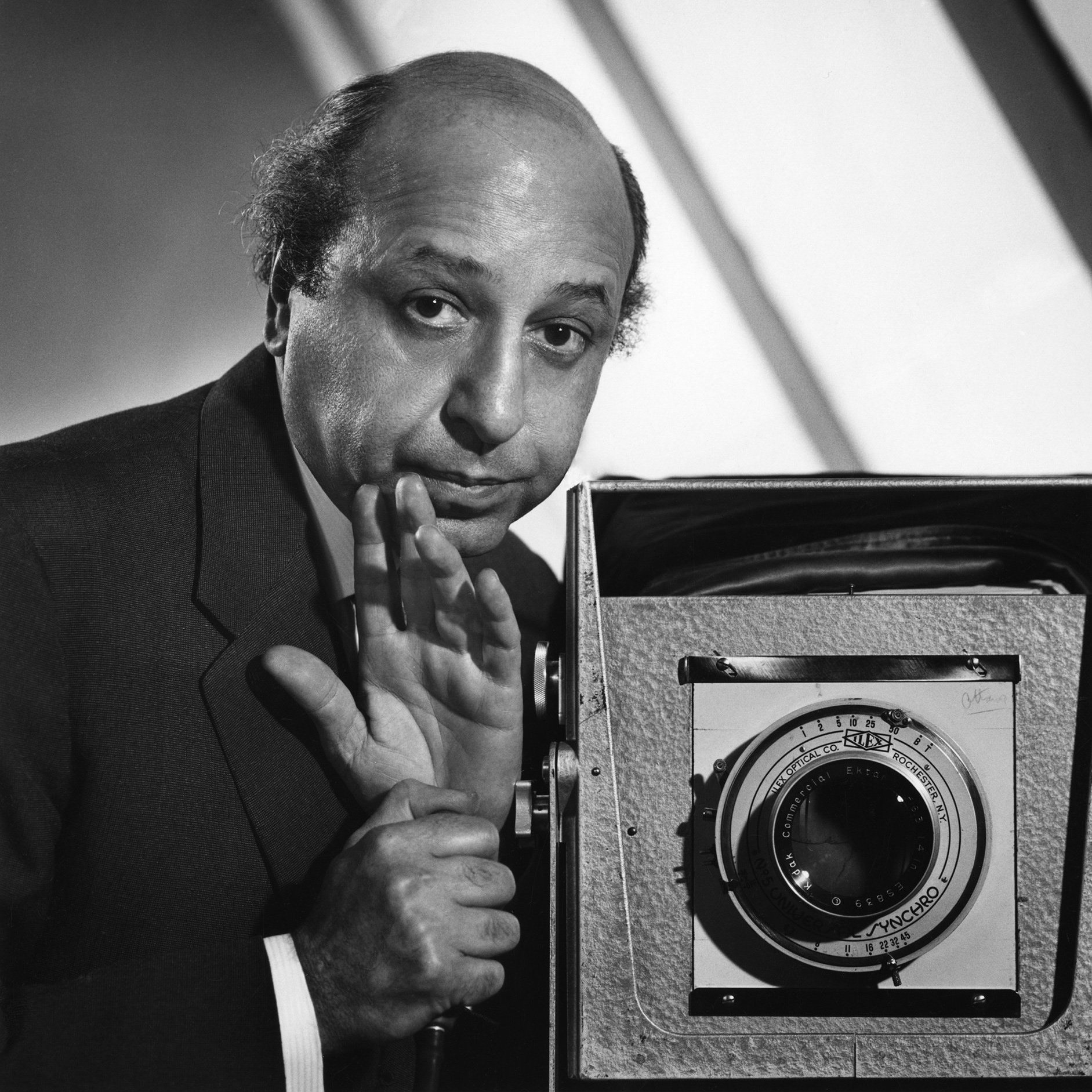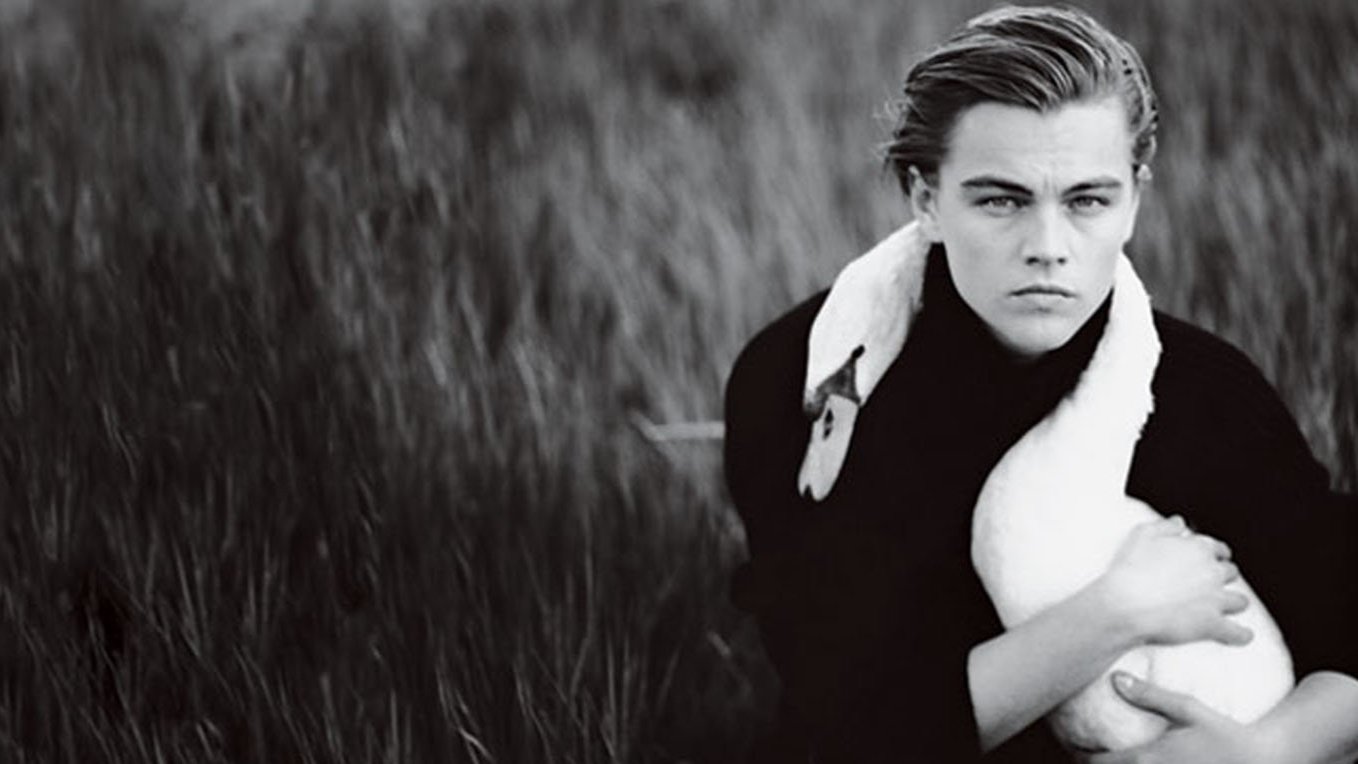Yousuf Karsh
"Character, like a photograph, develops in darkness."
Yousuf Karsh was an Armenian-Canadian portrait photographer known for his ability to capture the essence of his subjects in a distinctive, dramatic, and powerful manner. With a career spanning over six decades, Karsh photographed some of the most significant figures of the 20th century, including political leaders, artists, and celebrities. His masterful use of light and shadow, combined with his innate ability to connect with his subjects, made him one of the most celebrated portrait photographers in history.
Early Life and Career
Yousuf Karsh was born in 1908 in Mardin, a city in present-day Turkey. He grew up during the Armenian Genocide and witnessed firsthand the atrocities inflicted upon his people. In 1922, his family sent him to live with his uncle, George Nakash, in Canada. Nakash, a photographer himself, introduced Karsh to the world of photography and helped him secure an apprenticeship with the eminent Boston-based photographer, John H. Garo.
Under Garo's tutelage, Karsh honed his skills as a portrait photographer, developing the distinctive style that would define his career. In 1931, he returned to Ottawa, Canada, where he opened his own photography studio. It was there that Karsh would go on to photograph some of the most influential people of his time.
Photographic Style and Techniques
Yousuf Karsh's photographic style was defined by its dramatic use of light and shadow, emotional intensity, and attention to detail. Some key aspects of his style and techniques include:
Chiaroscuro Lighting: Karsh was known for his use of chiaroscuro lighting, a technique that emphasizes the contrast between light and shadow. This approach lent his portraits a dramatic, almost theatrical quality.
Connection with Subjects: Karsh had a remarkable ability to connect with his subjects, putting them at ease and enabling him to capture their true personalities. This resulted in portraits that felt intimate and authentic.
Intricate Posing: Karsh was meticulous in his approach to posing, carefully arranging his subjects to create a sense of depth and dimension in his images.
Detailed Retouching: In the days before digital retouching, Karsh painstakingly retouched his photographs by hand, using techniques such as dodging and burning to enhance the overall impact of his images.
Career Highlights
Some notable highlights of Yousuf Karsh's illustrious career include:
Photographing iconic figures such as Winston Churchill, Ernest Hemingway, Albert Einstein, and Audrey Hepburn.
Capturing the famous "Roaring Lion" portrait of Winston Churchill in 1941, which became one of the most widely reproduced images in history.
Being awarded numerous honorary degrees and distinctions, including the Order of Canada and the Medal of Service of the Order of Canada.
Photography Gear
Yousuf Karsh used a variety of photography gear throughout his career, including:
Cameras: Karsh primarily worked with large-format cameras, such as the Calumet and Linhof, which allowed him to capture exceptional detail and tonality in his images.
Lenses: He often used standard or slightly longer focal lengths, such as 210mm or 300mm, to create flattering portraits with minimal distortion.
Lighting: Karsh favored a mix of natural light and artificial sources, including tungsten and studio strobes, to achieve his signature chiaroscuro lighting style.
Published Books
"Karsh: A Biography In Images": This book provides an extensive look at Yousuf Karsh's life and career, showcasing his extraordinary ability to capture the essence of his subjects. The collection of images and accompanying essays offer a fascinating insight into the photographer's approach and his impact on portrait photography.
Karsh: A Fifty-Year Retrospective: This retrospective book covers five decades of Karsh's work, illustrating his mastery of light and composition. Featuring portraits of iconic figures from various fields, this volume demonstrates Karsh's unique ability to reveal the inner lives of his subjects.
"Portraits of Greatness": In this collection, Karsh presents portraits of influential figures from the worlds of politics, arts, and sciences. The book highlights his ability to create intimate and powerful images that capture the essence of these individuals, providing a window into their personalities and achievements.
"Yousuf Karsh: Stern Portfolio (Stern Fotografie)": This volume, part of the prestigious Stern Fotografie series, showcases a selection of Karsh's most memorable portraits. The collection demonstrates his distinctive photographic style and the enduring impact of his work on the field of portrait photography.
"In search of greatness;: Reflections of Yousuf Karsh": This book offers a glimpse into the mind of the renowned portrait photographer, featuring his thoughts on his subjects, the art of photography, and the search for greatness. The personal reflections provide a unique perspective on Karsh's work and his approach to capturing his subjects.
"Regarding Heroes": In this collection, Karsh pays tribute to the heroes who inspired him throughout his career. The book features striking portraits of notable figures, accompanied by Karsh's own commentary on their lives and achievements. This volume offers a fascinating insight into the photographer's admiration for his subjects and their impact on his work.
Quotes
"Within every man and woman a secret is hidden, and as a photographer, it is my task to reveal it if I can."
"Character, like a photograph, develops in darkness."
"I try to photograph people's spirits and thoughts. As to the soul-taking by the photographer, I don't feel I take away, but rather that the sitter and I give to each other. It becomes an act of mutual participation."
"The heart and mind are the true lens of the camera."
"There is a brief moment when all there is in a man's mind and soul and spirit is reflected through his eyes, his hands, his attitude. This is the moment to record."
Legacy and Influence
Yousuf Karsh's legacy as a master of portrait photography endures today. His dramatic, emotionally charged images have influenced generations of photographers, including Annie Leibovitz, Irving Penn, and Platon. Karsh's timeless portraits continue to captivate audiences, serving as a testament to his extraordinary talent and vision.
Through his powerful and evocative body of work, Yousuf Karsh captured the spirit of the 20th century and preserved the essence of its most notable figures. Aspiring photographers can learn from his dedication to craft, his ability to connect with his subjects, and his masterful use of light and shadow. Karsh's influence on the world of portrait photography remains unparalleled, as he continues to inspire photographers to strive for excellence and authenticity in their work.














Did you know that Winston Churchill refused to put down his cigar for his portrait in 1941.